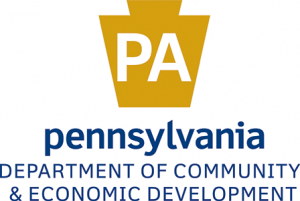The Federal Reserve is requesting comments on the Main Street Loan Program by the end of business today. The comment portal is open until tonight, April 16, on the Federal Reserve website. The Main Street Loan Program provides support for businesses and nonprofits. This is an opportunity for RCPA members with over 500 employees to advocate for assistance.
Talking Points for Comments:
As the Treasury Department works to create a program as directed under the CARES Act section 4003(c)(3)(D), to provide financing to banks and other lenders to make loans to nonprofits and other mid-size business of between 500–10,000 employees, we request that the program:
- Include a 0.50% interest rate (50 basis points) for 501(c)(3) charitable nonprofits at a 5-year amortization;
- Provide priority to 501(c)(3) charitable nonprofits responding to COVID-19 relief efforts;
- Payments shall not be due until two years after a direct loan is made;
- Employee retention provisions should begin on the date that loan funding is received by the borrower; and
- In implementing any workforce restoration and retention provisions, “workforce” should be defined as full-time employees or full-time equivalents.
Many nonprofits employ more than 500 employees and have not been able to access the Paycheck Protection Program, which contains loan forgiveness provisions that are critical to these organizations, and necessary to help ensure they will be able to continue to provide services during the crisis and assist with our nation’s recovery efforts when the crisis is over.
Charitable nonprofits are the third largest employer in our nation’s economy and are valued problem solvers. The recommendations above will help to keep these organizations financially strong and allow them to continue to meet the immediate needs of their communities, while planning for the future when many of their services will be needed most. Nonprofit organizations are our country’s only institutions solely focused on making communities stronger. In the toughest times, we do the toughest work. When it’s time to restore and repair our wellbeing, these community-based institutions need to be equipped to do that as well and their unique needs should not be overlooked.
Question, please contact Jack Phillips.
















